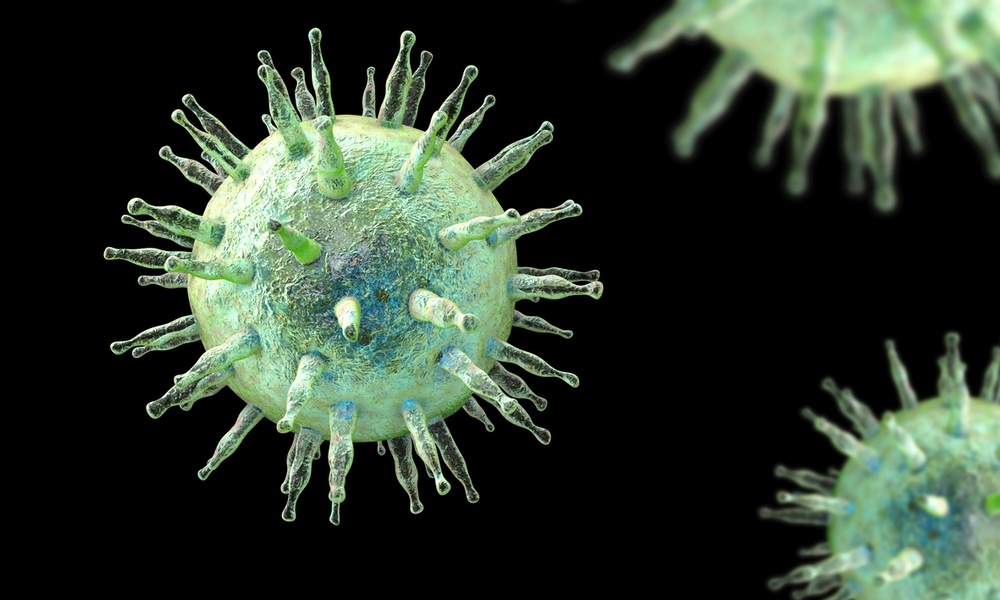Parents often try to tally the genetic contributions they make to their children. Perhaps your son has his father’s smile, but his mother’s blue eyes; or your daughter has his mother’s easygoing nature and his father’s drawing ability.
Both parents contribute one copy, or allele, of each gene to their offspring, so that we have two copies of every gene for a given trait — one from mom, the other from dad.
As an embryo develops into an adult, both copies of a gene are switched either on or off. The “switching on” of a gene begins the process of gene expression that ultimately results in the production of a protein, influencing eye color or hair texture, for example.
A recent genetics study suggests that parents deserve less credit — (or blame) — for how their children turn out than they may think.This significant amount of flexibility and randomness in gene expression is important for adaptation as a species evolves…
Researchers found that in mature cells, sometimes the cell randomly “switches off” one copy of a gene over another copy, in a process that has been dubbed “monoallelic gene expression.” This means that even if a cell inherits one copy of the gene from the mom and another copy from the dad, it can arbitrarily prefer one copy over the other.
While most inheritance of traits occurs during the development of a new embryo, monoallelic gene expression is a way for organisms to modify what they've inherited later in life.
It can also have a serious impact on health.
Cells are very sensitive to proteins: too much or too little of one protein can give rise to diseases, including cancer. For example, certain proteins, called tumor suppressors, act as "stop" signals to restrain cell growth. So, a cell with only half the dosage of such a protein, due to monoallelic gene expression, may become the seed of a tumor.
Researchers based at Cold Spring Harbor Laboratory in New York and the European Molecular Biology Laboratory used advanced DNA sequencing technology to measure the amount of gene copies in immature and mature cells.
They chose embryonic stem cells as the immature cells because the stem cells can become any major tissue type present in the body. For mature cells, the scientists looked at neuron precursor cells, cells destined to become brain cells.
The researchers discovered that mature cells were over five times more likely to exhibit the “monoallelic” preference for expressing one gene over another, suggesting that mature cells switch gene copies more frequently than immature cells.
With the new data the scientists now believe that sets of genes are selected during development to be expressed such that the cells differentiate into a tissue or organ through a process that is both specific and random.
The findings help explain how our genes come to be influenced by our social environments and lifestyle choices like exercising or smoking or deep relaxation.
They also provide encouraging evidence for the ways in which an organism (like you) can manage a problem with particular protein levels, which may occur at birth. By changing the gene copies that are expressed, any organism can adjust their own proteins at the cellular level — a crucial step in maintaining the balance between health and disease.
While the evidence indicates that the switching of gene copies within a single cell is not programmed, it remains unclear as to how the responses of millions of cells contribute to the viability of their host organism.
“It is not deterministic in any way, ” David Spector, professor at Cold Spring Harbor Laboratory and senior author of the study said in a statement.
“This significant amount of flexibility and randomness in gene expression is important for adaptation as a species evolves, but it is unclear how it functions in organisms today. ”
The study is published in the journal, Developmental Cell.




